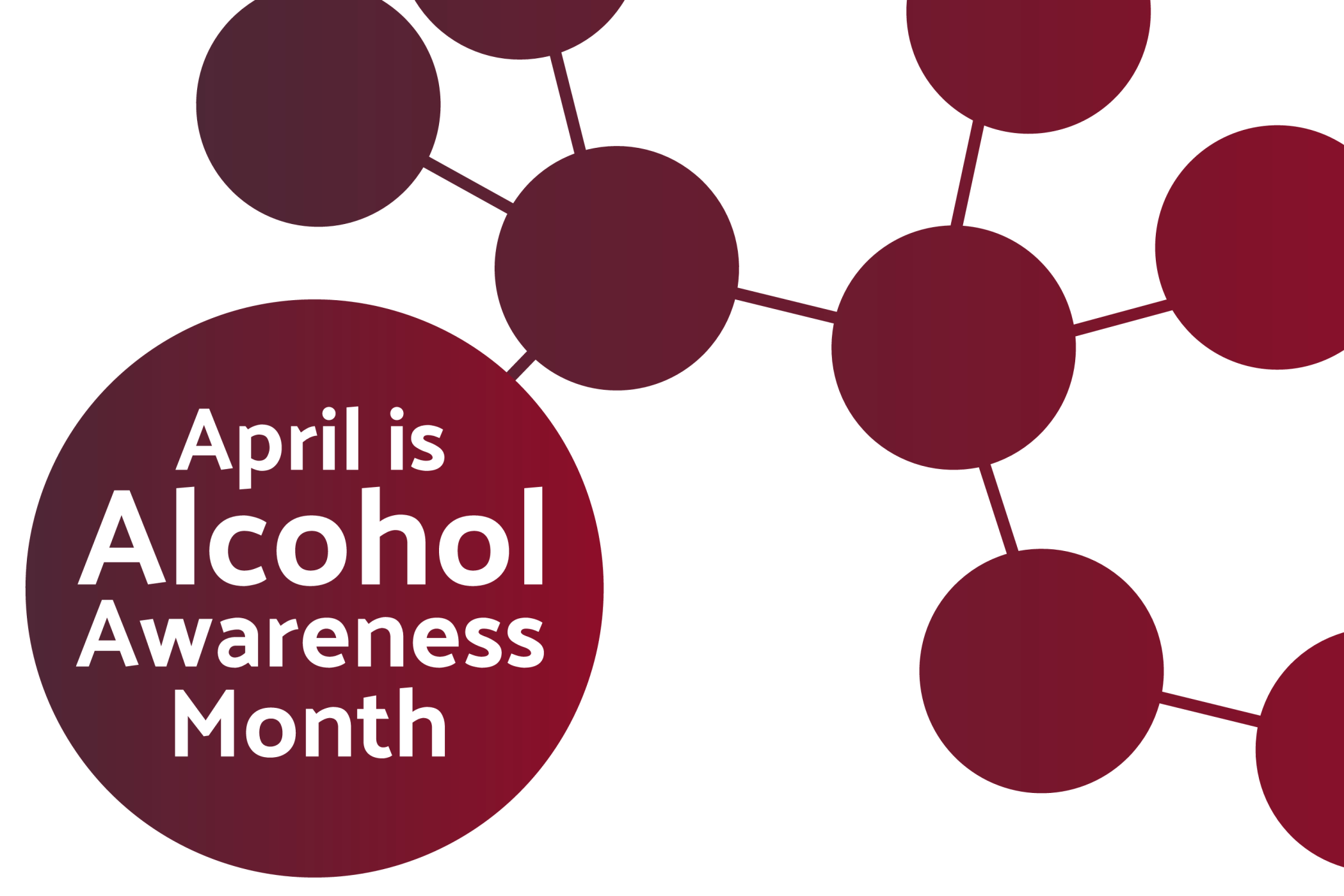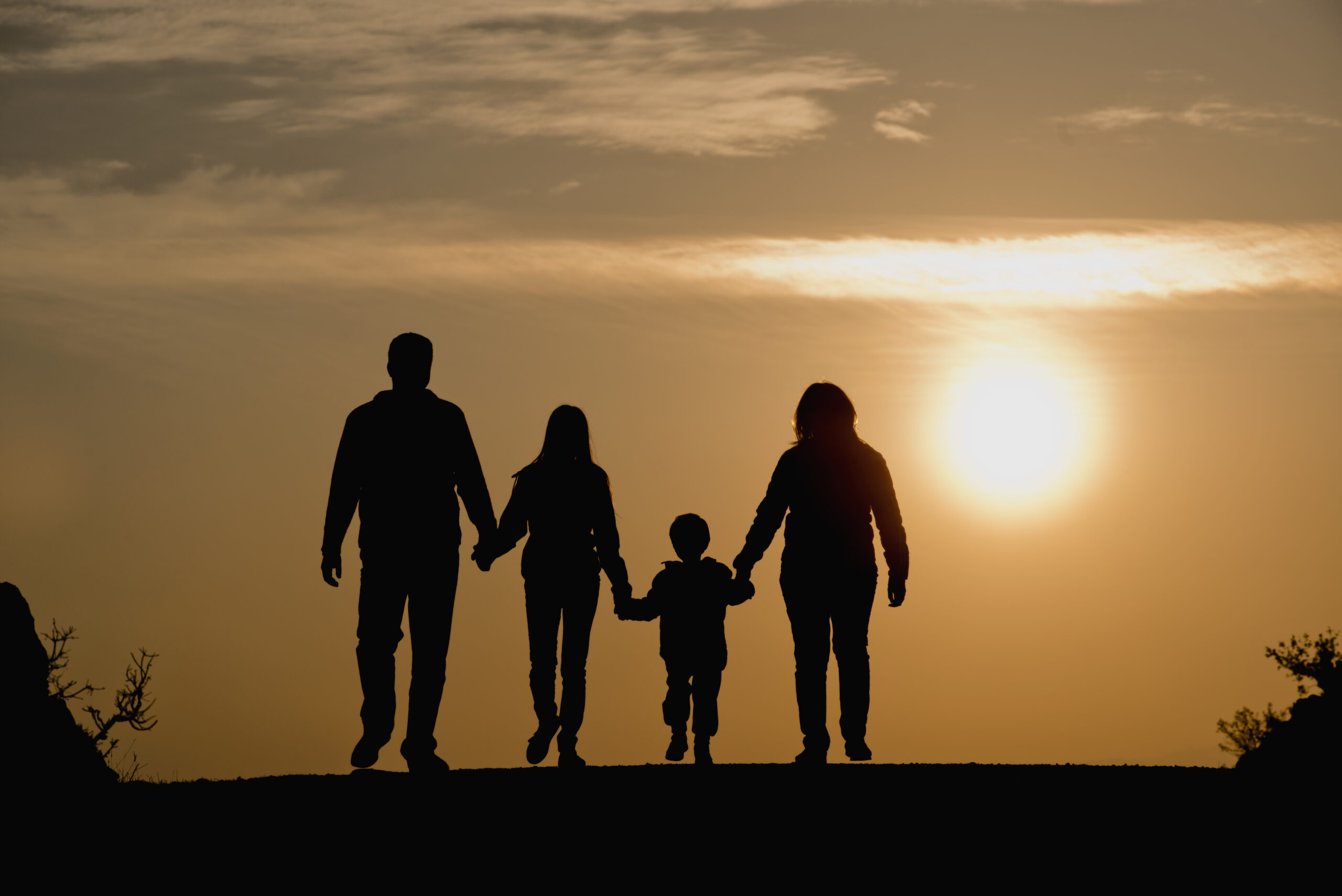Teen Alcohol Consumption: 5 Trends Parents Need to Know

Underage drinking is one of the most prevalent health issues facing young people in the United States today. Alcohol is one of the most commonly misused substances by teenagers. Beyond the legal ramifications, underage drinking poses enormous health and safety risks, including the negative effects of alcohol on the teenage brain.
This issue is one that impacts many young people, but is one that can be reduced by proactive engagement with trusted adults. Starting the conversation with youth early on can lead to a better understanding of the causes behind these trends and may foster an environment where such behavior is minimized.
Underage drinking is an evolving issue. Parents should make sure they’re aware of the following trends and know how best to educate their children about why this issue is important.
Overall Alcohol Consumption Among Teens
According to the Centers for Disease Control, people aged 12 to 20 years old drink 11 percent of all alcohol consumed in the United States. While alcohol consumption levels among 8th, 10th, and 12th graders are on an overall decline, 19 percent of 8th graders, 38 percent of 10th graders, and 53 percent of 12th graders admit to consuming alcohol in the past year.
Binge Drinking Is More Common in Teenagers
When teens do drink, they are more likely to drink more than most adults while drinking. According to the National Institute on Alcohol Abuse and Alcoholism, teenagers consume more than 90 percent of their alcohol by binge drinking.
Binge drinking is defined as consuming multiple drinks in one sitting — for adult women, this is typically four drinks, and for men, it’s five.
Young people are also more apt to engage in binge drinking than adults, having four or five more drinks at a time. In 2018 alone, 4.3 million young people reported that they engaged in binge drinking.
Consumption of “Alcopops”
Nearly two-thirds of underage drinkers have consumed what is called an alcopop. Alcopops include a wide range of low-cost, sugary, and carbonated alcoholic beverages. The marketing of these products is often angled to appeal to a younger, edgier crowd.
While many think an alcopop can be less dangerous than beer for underage drinkers, the ABV (alcohol by volume) content of these beverages is often higher than most beers. It is important that parents are aware of these products so that they can be kept out of the hands of young people.
Drinking Younger Could Result in Alcohol Dependence
By starting to drink at a younger age, teens are at risk of developing a dependency on alcohol. People who admit to engaging in underage drinking as a teenager were four times more likely to suffer from alcohol dependence later in life.
Research shows that the serious problems with alcohol that affect many adults are actually rooted in behaviors earlier in life, during young adulthood and even adolescence.
Teens Will Drink When Their Peers Drink
Teens are more likely to drink if their friends or significant others are drinking. In a 2018 study, teens reported getting drunk more frequently when others in their social circles were drunk more frequently. They also reported getting drunk regularly when their significant others had more positive attitudes toward alcohol.
Researchers also found a relationship between frequent underage drinking and unstructured socializing, that is, socializing without adult supervision. Parents play a key part in ending underage drinking and should remain aware of their children’s social lives, as that is where long-term behaviors and attitudes are formed.
Adult supervision isn’t always possible, and it’s important that young people have the skills and knowledge necessary for making smart choices concerning alcohol.
What Can Parents Do to Curb These Trends?
Having an active role in their children’s lives can make a world of difference. Parents should engage with and educate their teens about the dangers of underage drinking.
Talk It Out provides a tool for this, called the Pledge Program. This program gives parents a conversation starter to help them have these difficult conversations with their children and to help them develop a plan. Click here to Take the Pledge to “Talk it Out” with your child.



